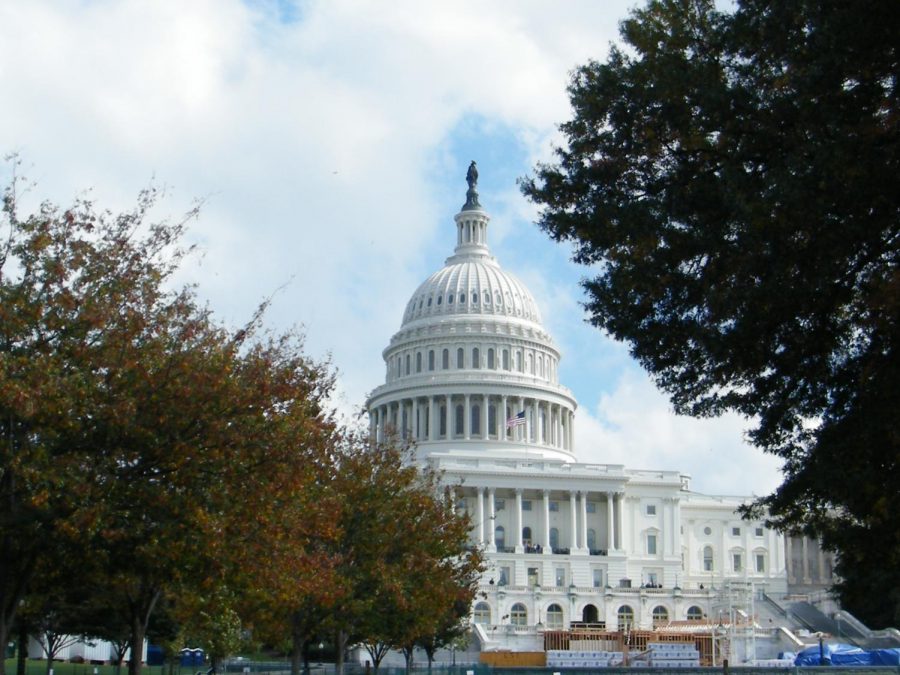House Republicans failed to pass a proposal for $330 billion in spending cuts through the Budget Committee on Friday. The proposal included changing the federal loan system, which would require colleges and universities to pay the federal government for any student debt that goes unpaid, cancel the Grad PLUS loan program and put caps on how much students can borrow.
House Speaker Mike Johnson hopes to have the package passed by next week after negotiations are made, and if it’s approved, the implications of the proposal could have an impact on Marquette students’ loans, particularly at the graduate level.
Republicans plan to terminate the Grad PLUS loan program that lets the government take on interest costs of the loan until the student graduates. Through the program, students can get up to the total cost of attendance for their graduate school in loans, but this won’t be the case come July 1, 2026, when Republicans plan to end Grad PLUS loans.
There will also be new caps on how much students can receive in subsidized loans. Graduate students can borrow up to $100,000, undergraduates $50,000 and professional programs $150,000.
The proposal would also cap the amount students can receive in aid based on the “median cost of attendance for students enrolled in the same program of study nationally.” In other words, this could pressure colleges to lower tuition or provide more aid.
Ralph Weber, vice president and general counsel at Marquette University, said this could be problematic as Marquette has the only dental school in Wisconsin. He explained the possible effects of the termination of the program during a University Academic Senate meeting on May 5.
“This is very important to Marquette, because our students get $131 million in financial aid,” Weber said.
With the termination of the Grad PLUS program, Weber said it might force graduate students to turn to the private market for their loans. He pointed to the dental school as a point of concern.
“The dental school has 20% of students as first generation,” Weber said. “Some significant percentage of them probably would not have access to the private market.”
However, Weber said especially in the dental program, students will be able to pay back their loans.
Even though the proposal hasn’t been passed, Weber said Marquette is working on a plan for how to approach the changes if it does proceed.
“We’re working on it and have ideas on how to take some actions that are above and beyond from what we have done before to try to protect these really important programs,” Weber said.
This story was written by Sophia Tiedge. She can be reached at sophia.tiedge@marquette.edu.



